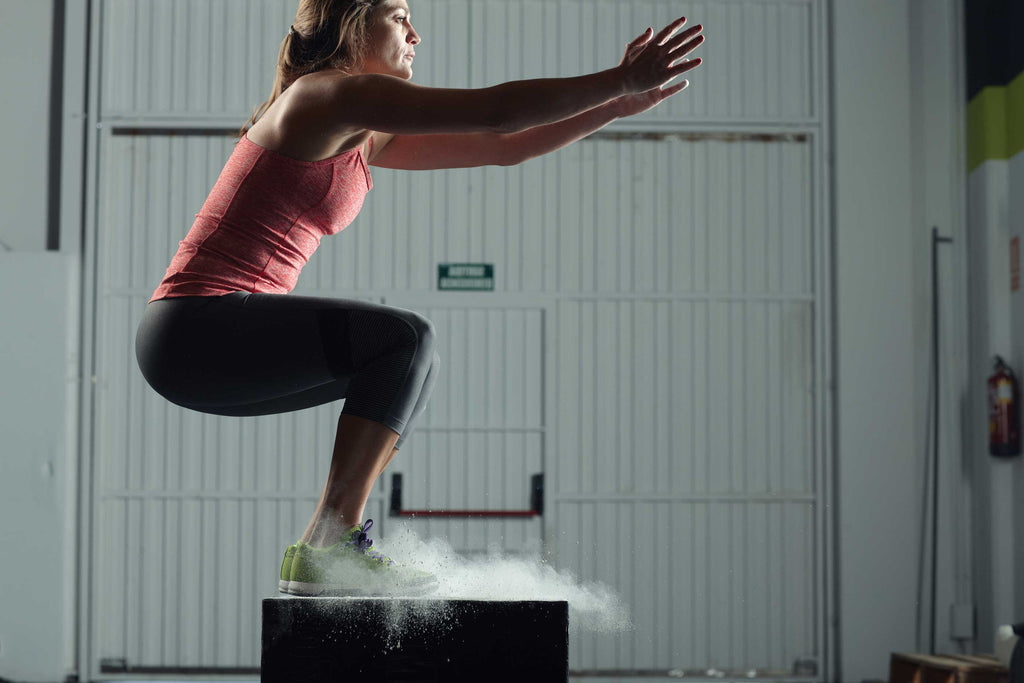You have no items in your shopping cart.

How Vegan Protein Fuels Your Gym Workout
Posted by SupHub Inc. on
Whether you resolve to increase muscle mass, lose weight, or cut minutes off your 5k time, you need the right foods to fuel your body for a great workout. You also need to feed your body after the training session, so you can wake up the next day feeling refreshed and energised, prepared for another exercise session. Consistency is the key to making progress, regardless of your health and fitness goals. One good workout a week just isn’t enough.
Eating a whole cake, guilt-free, cannot be justified by getting in a good hour of exercise at the gym. Foods that are high in fat and sugar do not give you lasting energy for your workout and in fact leave you feeling lethargic the next day. A high to moderate intensity workout of this length calls for a ‘recovery snack’. You’re going to need a full meal to get the nutrients your body needs if you’re working out for 90+ minutes every day.
The vegan-recovery
It is an established fact that when you exercise, your body needs an increased amount of protein. The amino acids in protein – like methionine, lysine, and leucine – help your muscles heal after a gruelling workout and grow in strength and size.
This is usually called ‘recovery process’ in the world of body building and tends to create an issue for vegetarians since most protein sessions are in the form of animal based foods.
Even though, the human body does not require as much protein as some people like to think, it is a highly important macronutrient that gym-buffs should be on the lookout for.
The best plant-based proteins
There are a variety of plant sources that contain protein with differing amounts of amino acids. Unfortunately, it is hard to find all essential amino acids in one, complete protein source, so you just need to combine altering determinants together to ensure you hit all the exercise-bases.
Soya, for example, is one of the most complete vegan-protein sources, but make sure to buy the non-genetically modified type such as tofu from most health food shops. You can also pick pulses, grain and selection of vegetables of one day to the next.
The ‘vegan’ pre work-out regime
Most days, you might wake up early in the morning to get to the gym, teaching group fitness classes or working up a sweat on your own. It is crucial to refill your fuel tank after a good night’s rest. You are likely to burn a lot of carbohydrates when you work out intensively first thing in the morning, since your stored glucose levels are low when you wake up. Usually, 5 am is not the time to eat a hearty breakfast, so you might want to look for quick carbs before getting the work out on – usually 20 – 30 minutes if you have time. The typical options would include:
A banana with a cup of coffee – a simple option for early morning and relatively easy to eat on the go. Moreover, bananas are usually easy on the stomach and tend to provide you with potassium, carbs, while the coffee gives you caffeine for the energy you need to work those muscles.
What happens post work-out?
Our cortisol levels usually shoot up while insulin goes down significantly, after we workout. When the bodies are put under stress, adrenal glands pump out cortisol more abundantly in the body and insulin drops because glucose has been depleted, lowering blood sugar levels. This might be one of the main reasons why you feel extremely hungry after a workout and are more likely to just grab onto something to soothe cravings.
Protein, if eaten with carbs and restored, is best utilized by muscle cells. Quality carbs can help drive amino acids from protein in the muscle cells where they are needed most. Refined sugars can do that just fine too, but it is not long before they disrupt insulin levels and are more likely to leave you fatigued not long after. Not to mention they can lead to inflammation and weight gain, which is definitely not what you want post workout.
Now that you are know a bit about choosing better protein foods after ‘heavy-load’ exercising, here is a small list of some great vegan-protein options to give a try:
- Hemp protein
Hemp protein powder is lower in fat than whole hemp seeds and higher in protein serving, making it an ideal meal post workout. Hemp protein could be anywhere between 15-16 grams of protein and 4-5 grams of fat per serving. It is also great at reducing muscle aches and fatigue, as an anti-inflammatory protein-source, thanks to its high magnesium and iron consistency.
- Chickpeas
What makes chickpeas another great post-workout vegan option is one tablespoon of the source containing over two grams of protein. Much as you do with dried nuts, you can both roast the peas and eat them as a snack, with a sprinkle of cumin and chilli powder, or mash them up to make a hummus that goes well with rehydrating veggies like peppers and celery.
In case you don’t have time to make your own but like the idea of it replenishing your body’s protein stores, freshly made, store brought hummus isn’t bad either. There are various flavour options available, from garlic infused to a red peppered concoction. As long as you make sure they are oil-free, you are good to go.
- Spinach
One cup of Spinach contains around four grams of protein, making it a good source of exercise-protein. For a mega shot of energy, make a post workout salad and top it with nuts and seeds. Another trick is to add greens to your after-gym drink and reenergize your muscles that way.
- Edamame
After working up a sweat, edamame is another high-protein option available for you. It’s easy to eat on the go by simply removing the soybeans from the pod beforehand, and grabbing them when you’re ready to refuel. They are also high in calcium and iron which makes them good for your bones as well as your muscles.
Vegan magic
Now that you are well-aware of getting enough protein from plants, you can easily incorporate green-foods in your workout ‘start’ and recovery plan. If you’re a professional trainer, continue to refuel with snacks that combine protein and carbs every few hours. These snacks could include hummus with a small black bean burrito and raw veggies.
The higher the quality of your food, the faster your exercise recovery; so try your best to stick to unprocessed whole foods such as vegetables and fruits, whole grains and beans. Drink plenty of water, sports drinks or fruit juices to remain hydrated.
← Older Post Newer Post →





![6 Things You Should Do Before You Start Working Out [Muscle Building Tips]](http://suphub.com/cdn/shop/articles/muscle_build_small.jpg?v=1497249348)
